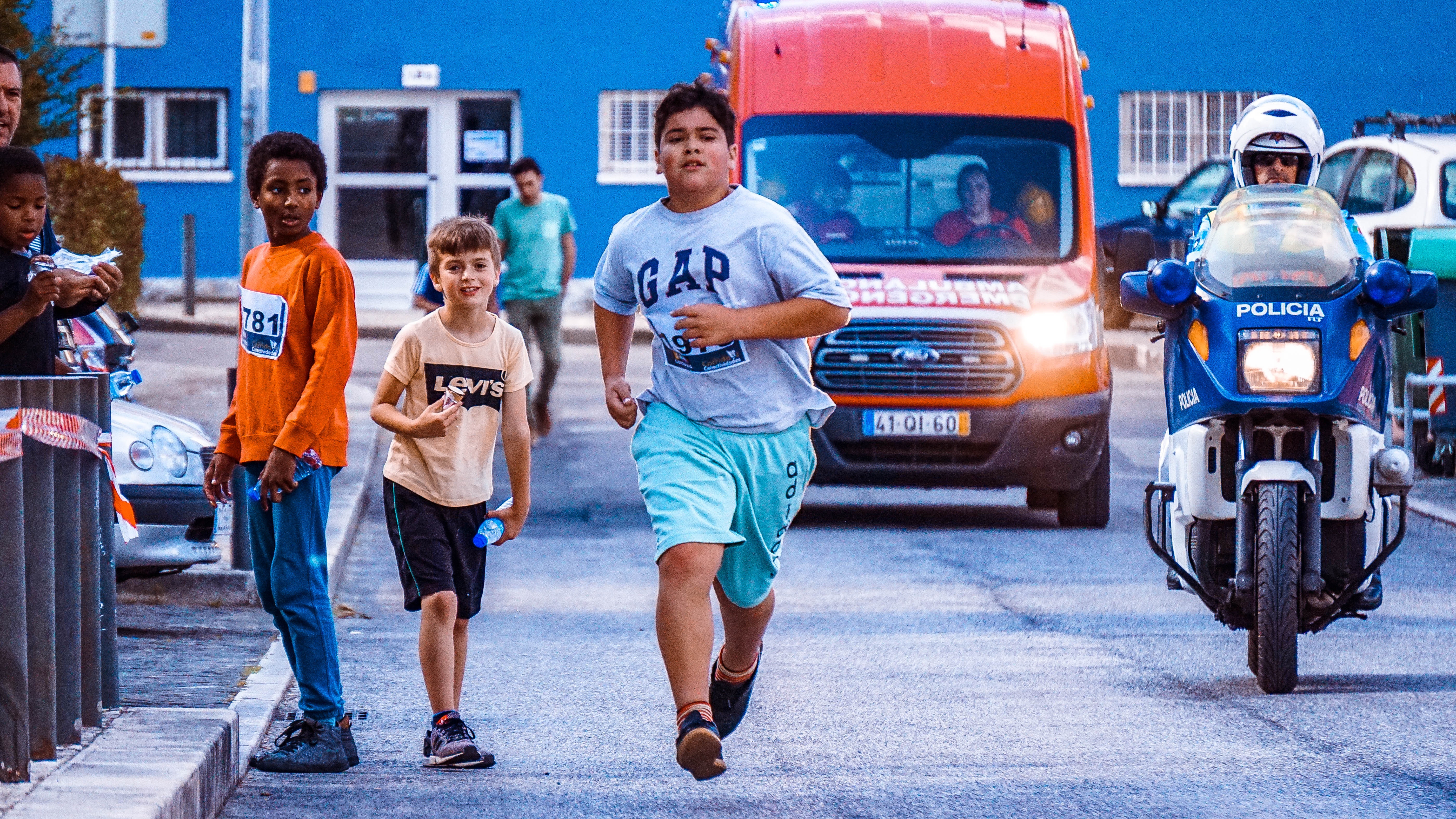When presented with the opportunity to relocate, there is much to consider. This is especially true if you have a family. Parents carefully consider the safety, education, culture, cuisine, environment, healthcare, language, transportation, and more when deciding whether to accept a relocation assignment. Read on to see why we encourage families to relocate!
Exposure to Diversity
No matter how far away from home you may end up, relocating your family means exposing them to new people. They will be forced to learn how to interact with people who are different from them. Whether the diversity presents itself in apparent ways, like skin color or language, or in more subtle ways, like values and cultural norms, your family may encounter moments of growth through discomfort.
It is imperative for parents to keep an open dialogue with their children during the relocation assignment, as being the "minority" may manifest itself in different ways. Your family may be living near other expats, but your child could be the only foreign born student in their classroom. Equipping children with the skills to navigate these feelings early in life will instill a lifelong mindset of inclusivity and open-mindedness.

Photo by RUN 4 FFWPU from Pexels
Fostering Independence
Children are granted varying degrees of independence around the world. Depending on the safety, familial roles, culture, and more, children may be set on their own at a young age.
For parents, we recommend speaking with a local cultural expert and local city guides to see what is reasonable for your child. Some children in certain countries may be comfortable with riding public transportation on their own around age 13, or running small errands with siblings and friends around age 12.
Talk with fellow parents and your child's school, recognizing that life in your new home is almost certainly different than in your old home. Your child may have to adjust to reduced privileges or increased freedom, depending on the move. Either way, remember to offer them guidance and provide consistent reasoning for your decisions to help them get acclimated.

Promoting Parent-Child Communication
The weeks following a move are a time of great adjustment for the whole family. By maintaining traditions from home like eating dinner together as a family or going on Saturday morning walks, a sense of consistency can provide some comfort to children. Additionally, allowing them to take part in adopting new traditions will help strengthen the familial bond.
During times of great change, it is helpful for parents to ask their children open ended, focused questions. Living the adjustment through a child's eyes is not only fascinating for a parent, but can also be very informative for observant parents. Encouraging your child to tell you about the emotions they felt throughout the day and the challenges or triumphs will help ensure your child feels comfortable confiding in you during times of transition.

Photo by Bess Hamiti from Pexels
Making Lifelong Global Connections
Whether your family has relocated for a long or short term assignment, there is always enough time to get to know friends in your new home. Lead by example for your children by learning the local culture for how relationships are formed, then help them join communities where they can interact with locals. Who knows, maybe they will find a best friend and forever pen pal!

Photo by Markus Spiske temporausch.com from Pexels
Instilling a Sense of Confidence
In order to become truly comfortable with oneself, being uncomfortable can be a very useful feeling to experience. As children learn from their peers and environment, they will deftly transition between their native and second cultures. This self-assurance will turn into confidence as the child matures, growing into a true global citizen.
Considering relocating abroad with your family? Here are a few more posts to help you consider and prepare for your family's adventure.
- 5 Reasons that Prove Corporate Housing is Great for Families
- Family Units Around the World
- Do Children Need Cultural Training?


